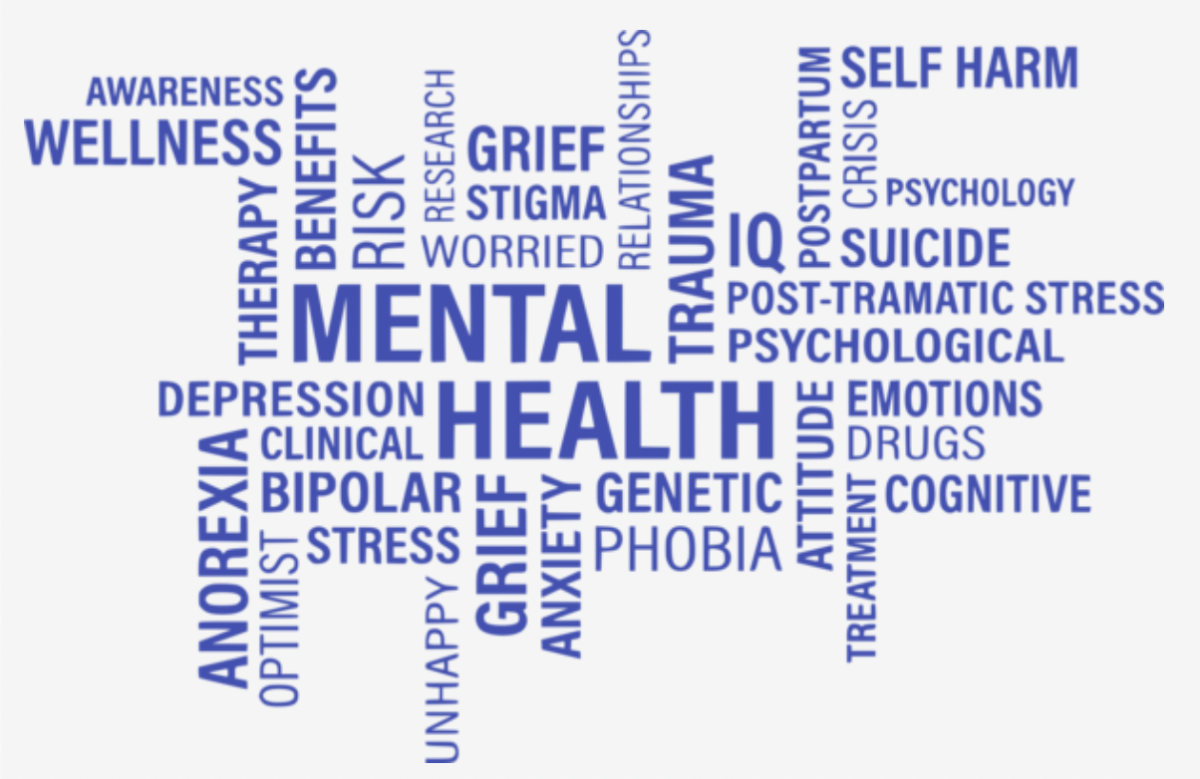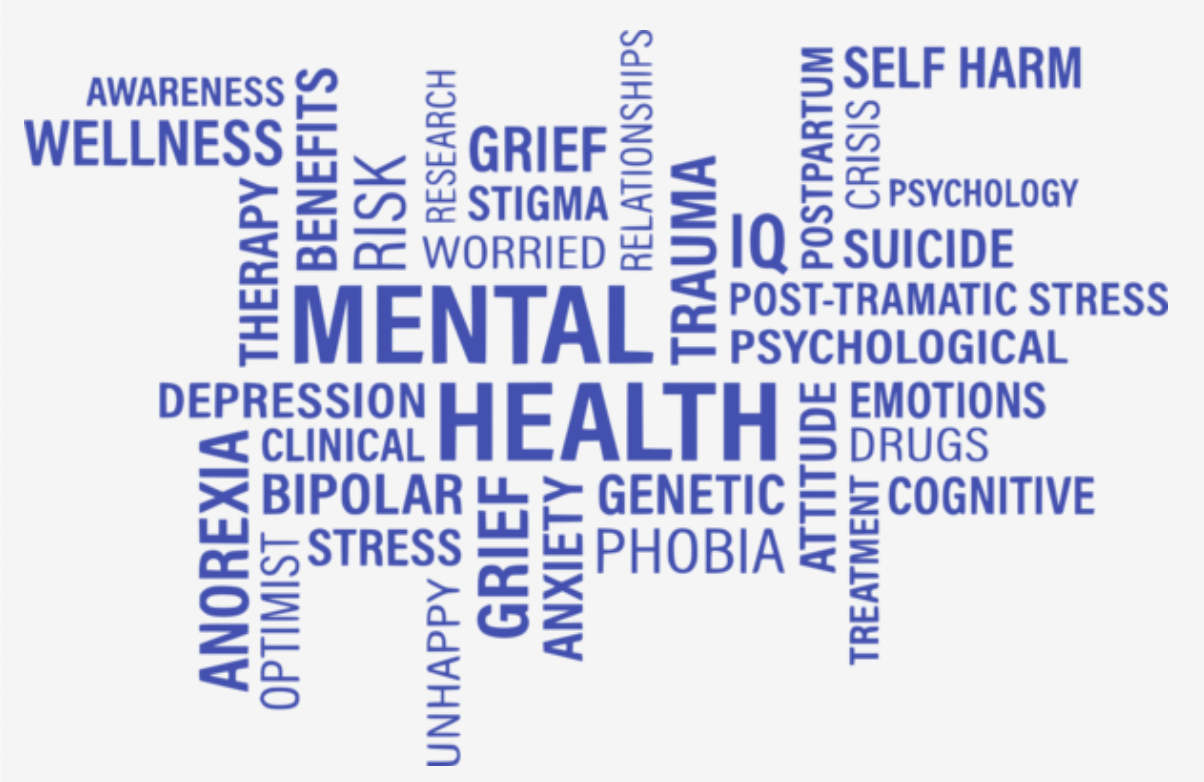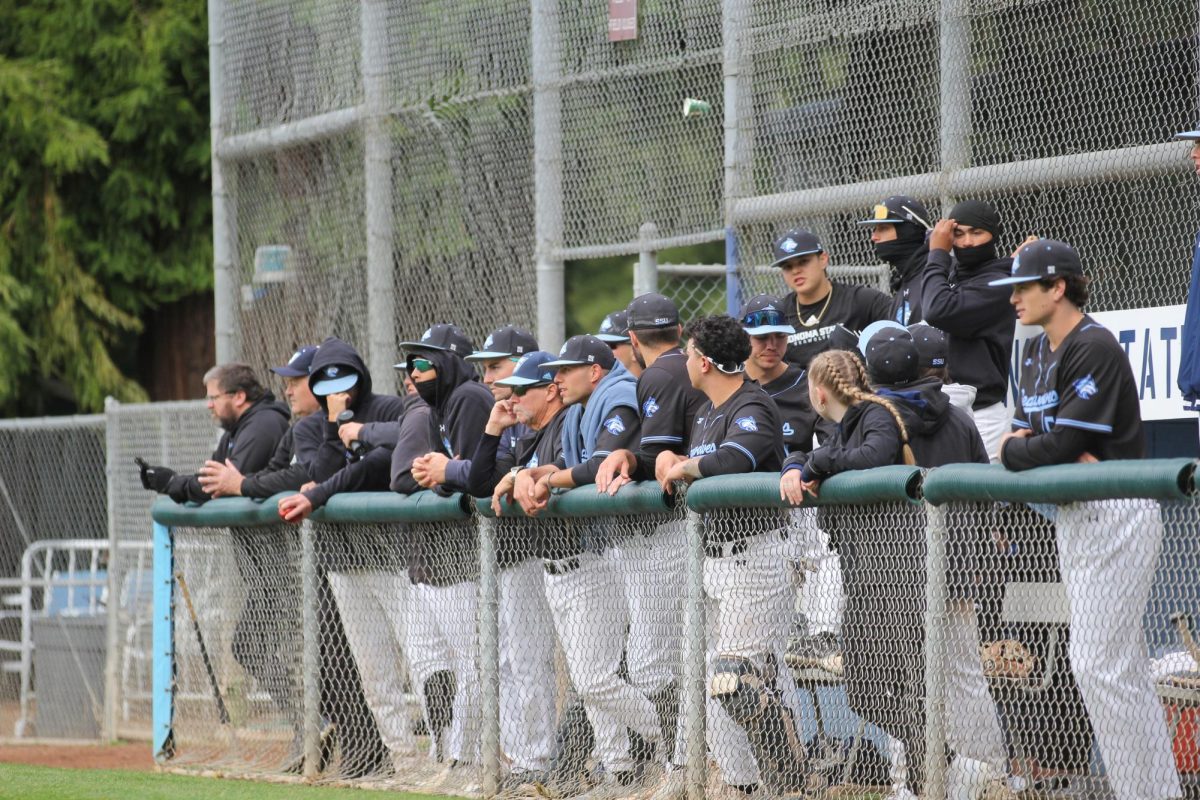When Sonoma State University turned to remote learning at the beginning of the COVID-19 pandemic, individuals in the school’s community started to experience struggles with their mental health in response to the life-altering restrictions of virtual learning, lock-downs, social isolation and so much more.
Therapists and counselors on campus are continuing to receive high volumes of requests from students in need, making it difficult to seek guidance on a regular basis. If students or faculty are unable to find mental health resources outside of campus, the Counseling and Psychological Services (CAPS) is still around to help, but there are other resources that offer similar mental health support programs.
The Jewish Community Free Clinic (JCFC) is a free clinic in Santa Rosa that works to provide quality care to everyone, especially the uninsured. Services consist of solution focused therapy and free counseling, and their free clinic supports everyone in the community. Their healthcare policy states, “By acknowledging how our clients are affected by the social determinants of health they have often faced throughout their lives, our JCFC volunteers can help clients in so many profound ways.”
Similarly, the National Alliance of Mental Illness (NAMI) is a nationwide organization with 600 affiliates across the country and 60 in California who strive to educate, support and guide all individuals struggling with mental illnesses. Mary-Frances Walsh, executive director of NAMI Sonoma County, states, “There are a wide variety of reasons why people contact us and we handle it accordingly. We don’t provide clinical support, but we are here to help people understand, to educate them and to provide support.” Walsh also explains that NAMI provides many different means of support, including housing, family support, support groups, practice sessions and educational programs.
They also encourage youth engagement in local communities, which is especially helpful to students who face challenges during the pandemic. Julia Barragan, youth mental health coordinator of NAMI and SSU alumni, states, “There is a lot of value in our peer programs and it’s a great way to support each other and share knowledge.” Barragan explains that all of NAMI’s services are free and they’ve recently built all of their programs to fit the needs of the community since the pandemic.
In the Bay Area, the Mental Health Association of San Francisco (MHASF) is now remotely supporting communities through their peer-run warm-line. Over 90% of their staff is peer identified, and they proudly serve all of California as the largest 24/7 warm line in the nation. The MHASF advocates for peer support as a part of their recovery treatment and to treat mental health at the equal level of physical health. President and CEO Mark Salazar, says “All our work is peer informed so at every decision and level of the agency, there is advocating at making sure the work is peer informed to empathize and understand the people that we affect.” Their services consist of their warm line, peer programs, screening tools and peer support groups which are now accessible remotely and digitally.
Seeking help digitally and virtually has always been one of the more accessible options in the mental health realm and is needed now more than ever before. 7 Cups and Your Life Your Voice are organizations that created digital platforms for anyone to be in touch with a counselor or peer supporter through free 24/7 chats online, email, text and calls. 7 cups aims to be inclusive to all communities and states on their website, “Community is at the heart of 7 Cups. You can find support and friendship in chat rooms and forums for many issues, like depression, anxiety, relationships, LGBTQ+ and more.”
Similarly, Your Life Your Voice offers a variety of communication tools such as call, text and email. Their website states their mission as, “Whether caring for a child in crisis, treating complex health care conditions or helping families find the parenting resources they need, {Your Life Your Voice} is here for you and your family with expert, compassionate care and a proven track record of helping children and families heal and grow in mind, body and spirit.”
For those in need of immediate help or those unable to access resources outside of campus, Counseling and Psychological Services (CAPS) is one of the main mental health resources, but the campus community also offers different options that can help students relieve stress and practice self care.
This semester, Dr. Andy Wallace, professor, chair of the philosophy department and a program coordinator/instructor for the School of Extended and International Education (SEIE), is presenting mindfulness and self care classes where anyone to practice mindfulness meditation. “My greatest advice to students who are dealing with stress and feeling a lack of motivation is to be kind to themselves. It is also important to reach out and connect with others in any way possible, even if it is virtual on Zoom,” Dr. Wallace stated. To learn more or to register into these upcoming classes, visit the SEIE’s webpage for more information (https://seie.sonoma.edu/mindfulness-and-self-care).
There are countless organizations, support groups, warm-lines and peer supporters throughout California and beyond that aim to provide means of care, treatment and support to those who may need it. Each of the resources mentioned in this article have thier respective websites accessible to anyone searching for more information.





![[Both photos courtesy of sonoma.edu]
Ming-Ting Mike Lee stepped in as the new SSU president following Sakakis resignation in July 2022](https://sonomastatestar.com/wp-content/uploads/2024/04/CC4520AB-22A7-41B2-9F6F-2A2D5F76A28C-1200x1200.jpeg)



























